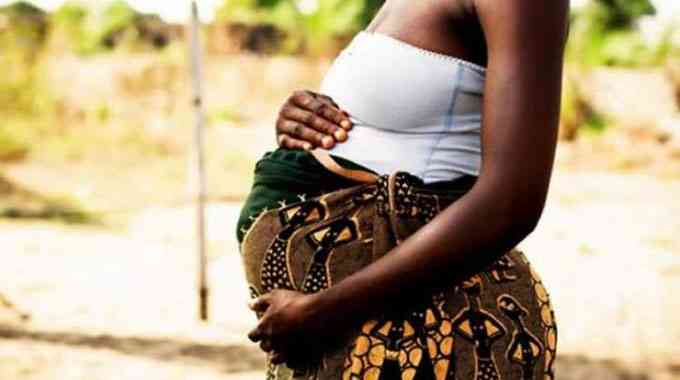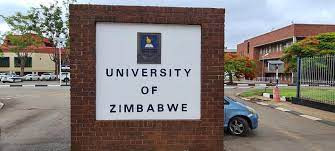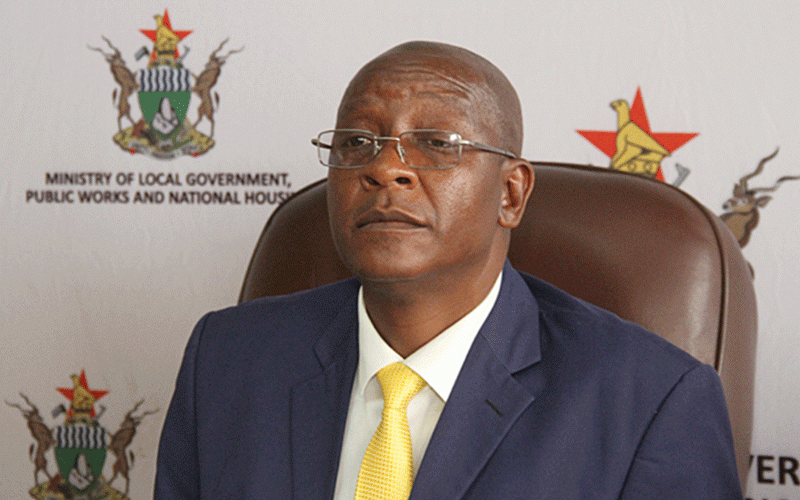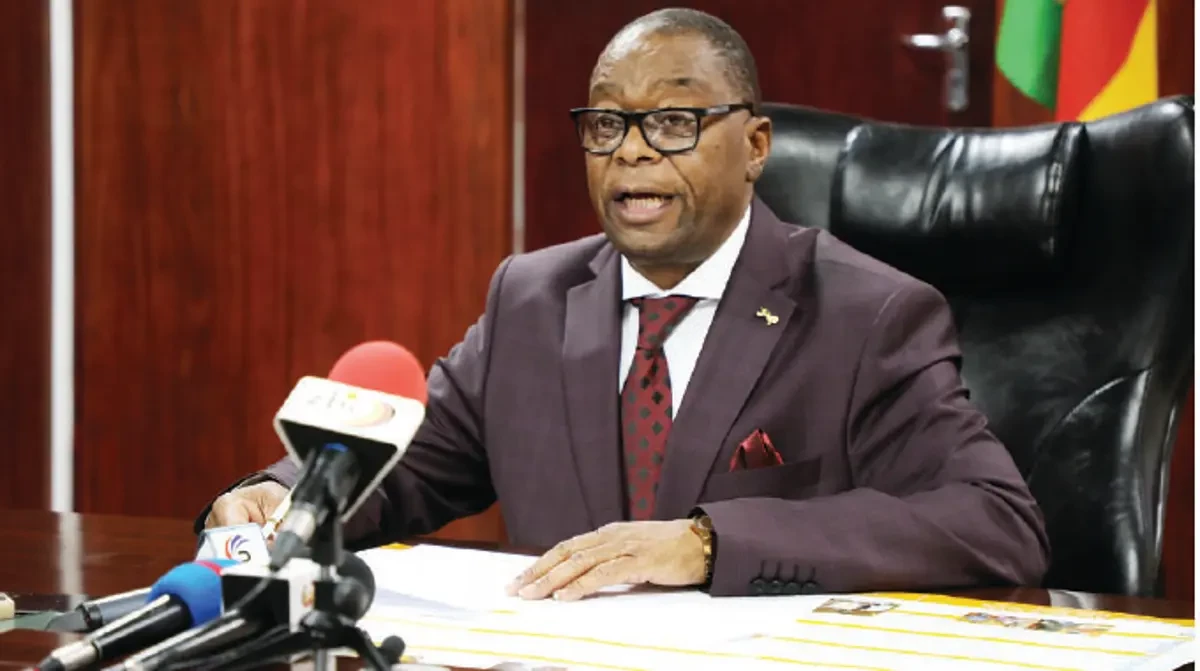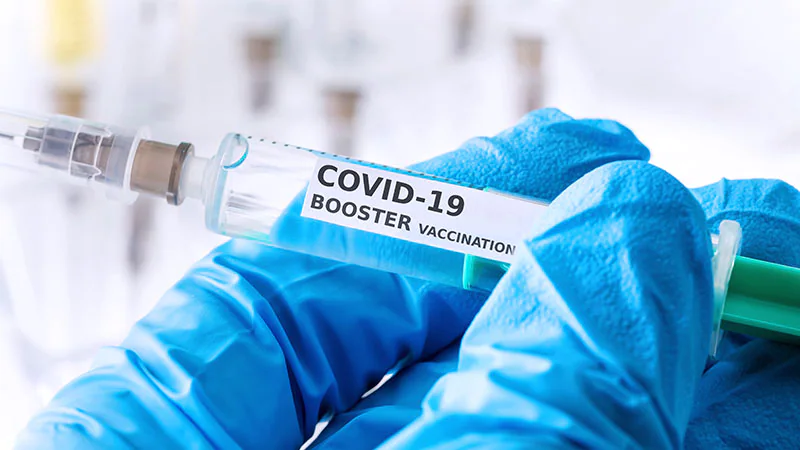
BY TAPFUMANEI MUCHABAIWA MORE than half of the world’s population is said to be fully vaccinated against the COVID-19 pandemic, although 84% of Africans are yet to receive the first dose.
This was revealed by World Health Organisation (WHO) director- general Tedros Ghebreyesus last Friday in a statement where he said most African countries had failed to meet their vaccination targets.
High income countries have been blamed for hoarding vaccines at the expense of poor or disadvantaged economies.
WHO believes that inequality in the dispensation of COVID-19 drugs has been the major reason why 84% of Africans still have not been inoculated.
“More than half of the world’s population is fully vaccinated but 84% of Africa is yet to receive a single dose,” Gebhreyesus said.
“Much of this inequity has been driven by the fact that globally vaccine production has been concentrated in high income countries.
“The obvious lessons from this pandemic are that there is urgent need to increase production of vaccines, especially in low and medium-income countries.”
He said if 70% of the world’s population is fully vaccinated by mid-year, there was likelihood of the pandemic’s acute phase coming to an end.
- Chamisa under fire over US$120K donation
- Mavhunga puts DeMbare into Chibuku quarterfinals
- Pension funds bet on Cabora Bassa oilfields
- Councils defy govt fire tender directive
Keep Reading
Recently, African leaders met in Addis Ababa, Ethiopia to discuss localising the manufacture of COVID-19 vaccines.
Community Working Group on Health (CWGH) executive director Itai Rusike said there was need for Africans to get vaccinated as COVID-19 had strained the already stretched health systems on the continent.
“Countries need reliable, sustained, and distributed supplies of diagnostics, medicines, vaccines and other health technologies. Many countries all over the world are addressing the pandemic on a narrow, nationalist basis instead of ensuring international co-operation and solidarity that will ensure affordable and urgent access to vaccines for everyone in need,” he said.
Rusike said European countries, Canada and the United States of America had pre-ordered large quantities of vaccines, which exceeded their needs and were even vaccinating children, and giving booster shots when African countries were struggling to access and distribute vaccines to vulnerable communities.
He said Africa should manufacture its own vaccines.
Mpilo Hospital senior resident medical officer Misheck Ruwende said vaccine hesitancy was triggered by misinformation, belief systems and lack of variety.
“You will discover that some African countries ended up destroying vaccines that expired. In South Africa and Zimbabwe where there were sufficient drugs to get a good number of people vaccinated, people hesitated and resultantly fewer people were vaccinated,” Ruwende said.
He said there was also need to diversify COVID-19 drugs to enable people to choose.
Zimbabwe launched its vaccination programme in February 2021 and set a target of vaccinating 10 million people by the end of 2021, but less than two-thirds of the population has been vaccinated.
- Follow us on Twitter @NewsDayZimbabwe



